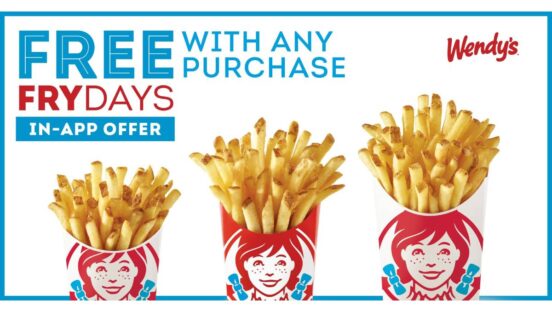Q: What's the right way to handle a negative online review?
A: If you're like most restaurateurs, you're a perfectionist. So a negative review on Yelp or Trip Advisor can really sting.
A particularly harsh comment can even prompt you to experience some of the stages of grief: denial, anger, depression. But, just as you would deal with grief, you have to get to acceptance at some point—and the sooner, the better.
The more quickly you accept that the review is out there, the more quickly you can respond. A timely response shows the reviewer and everyone else who reads the review that you are genuinely concerned about your customers and you are actively involved in your business. This makes people feel important and, even in this day and age, they want to know that someone is “minding the store” (this is one reason why celebrity chefs and business owners have become so popular). A prompt response also prevents the negativity from lingering out there and festering. Be sure to claim your business on the review sites and set up a system for regularly monitoring reviews and responding to each and every negative one.
Try not to take the criticism personally or get defensive. The people who write reviews tend to be more critical and opinionated than the mainstream population, and many use colorful language and creative approaches to try to boost their reputations as reviewers. So things may not have been as bad as they were characterized, and it’s important to keep things in perspective.
Recently, a San Diego restaurant got a lot of press after its owner decided to play recordings of negative reviews over the loudspeakers in the bathrooms. It was his way of turning a negative into a positive. While this might have been a smart PR move, I don’t recommend others follow suit. Appearing to take criticism too lightly can backfire. And when the bathroom soundtrack at that restaurant became widely known, several people wrote fake bad reviews simply to try get them played.
It’s important to consider what you can learn from people’s complaints. Reviews can alert you to a problem you hadn’t been aware of, or help you understand what customers really expect from you. Think of reviews as consumer research—to be heeded with a grain of salt, of course.
When you respond, I suggest you apologize publicly and address privately—in other words, post a public response expressing your sincere apologies for the disappointment and your commitment to fixing the problem, then initiate one-on-one communication with the reviewer so you can address his concerns individually. In your personal interaction, be sure to thank the person for the feedback and address the specific points raised. If appropriate, explain what you are doing to avoid the problem in the future. Then invite the reviewer to come back and ask for you or the manager so you can ensure his or her next visit is a positive one. Going the extra mile in this way might actually prompt the reviewer to post a retraction.
If the review conveys false information, you can work through the review site to remove it. If you’ve been hit by widespread negative reviews, you can hire an online reputation management firm to mitigate the damage. There’s also the option of suing the reviewer, or threatening to do so, though there is not yet much proof that this action can be successful. None of these actions seem to be in your best interests.
Perhaps the most important thing to do is to be proactive. Encourage positive reviews and build up a bank of them that will serve as a strong defense against any false or misleading reviews. It’s OK to ask people to submit reviews (most people like to be asked their opinion), and you can make it easy for them to do so by collecting their e-mail or mobile contact information while they’re at your restaurant and then sending a thank-you note with a clickable link for posting a review. Responding to positive reviews is also an effective tactic to encourage more positive reviews.
Generally speaking, review sites should be considered brand touch points. They present regular occasions to either enhance your brand image or diminish it. Just as you invest time and energy in designing ads, collateral, and signage, you should actively manage your reviews. Word of mouth has always been the most effective business-generating tool for restaurants, and now word of mouth has been replaced by “word of mouse.” Online reviews are faster, cheaper (they’re free!), and more effective than traditional advertising in generating awareness and buzz for your concept.
Reviews also provide a way to develop sustainable relationships with customers. It’s well known that attracting new customers is more expensive than retaining existing ones, and reviews present opportunities to convert one-time visitors into repeat ones. When you respond to reviews, you engage with customers personally and get to thank them for their business. This will prompt many of them to return.
It’s also widely recognized that when you recover well from making a mistake, people end up more satisfied than if they hadn’t experienced a problem in the first place. There’s a growing body of evidence that shows great service recovery actually converts customers into more loyal and profitable ones. So a negative review represents a brand-building opportunity.
To the maxim “to err is human,” I would add, “to recover well is brilliant.”












